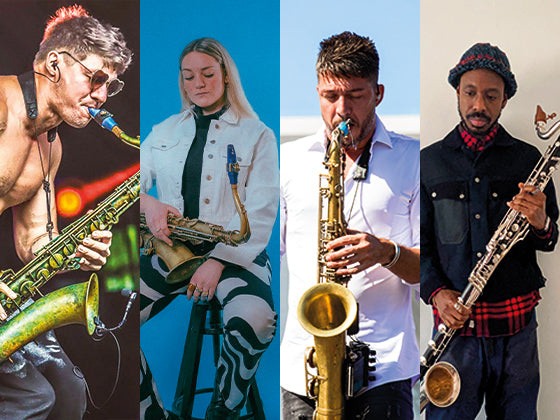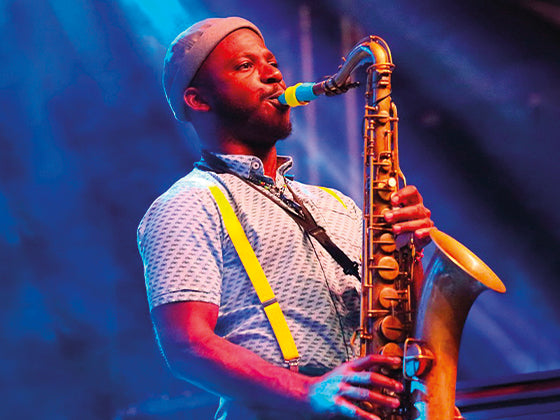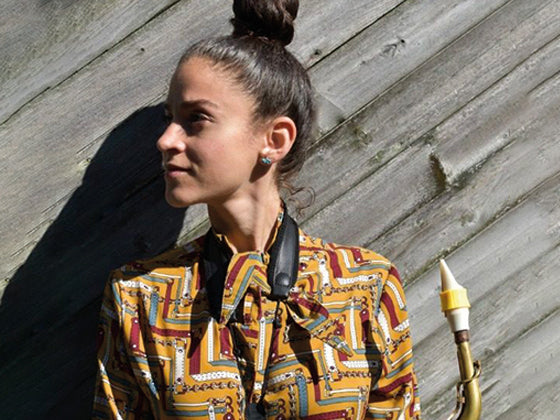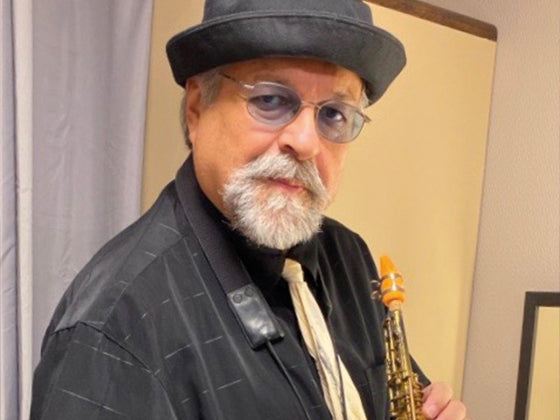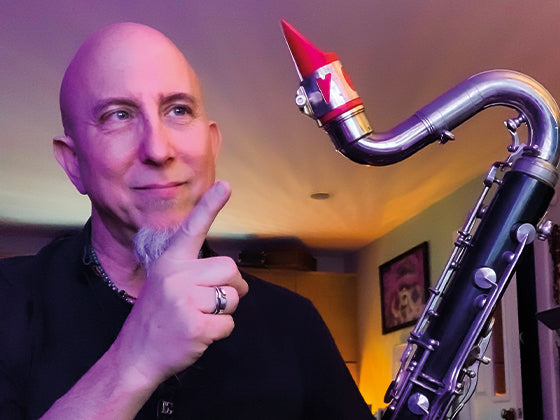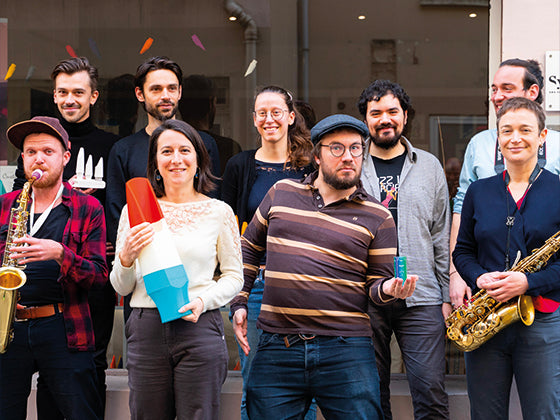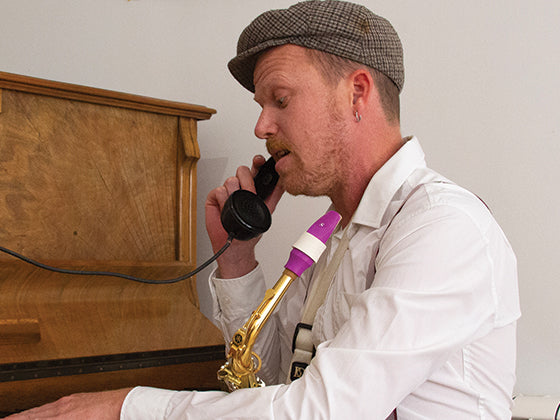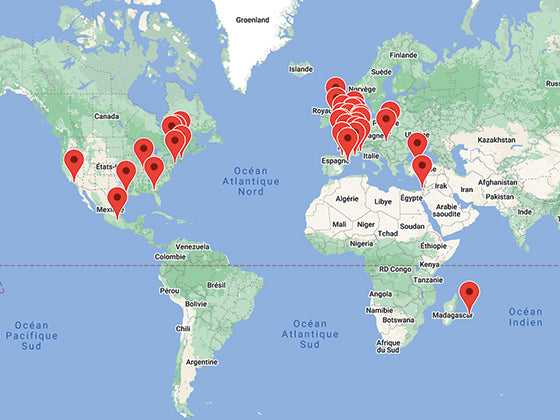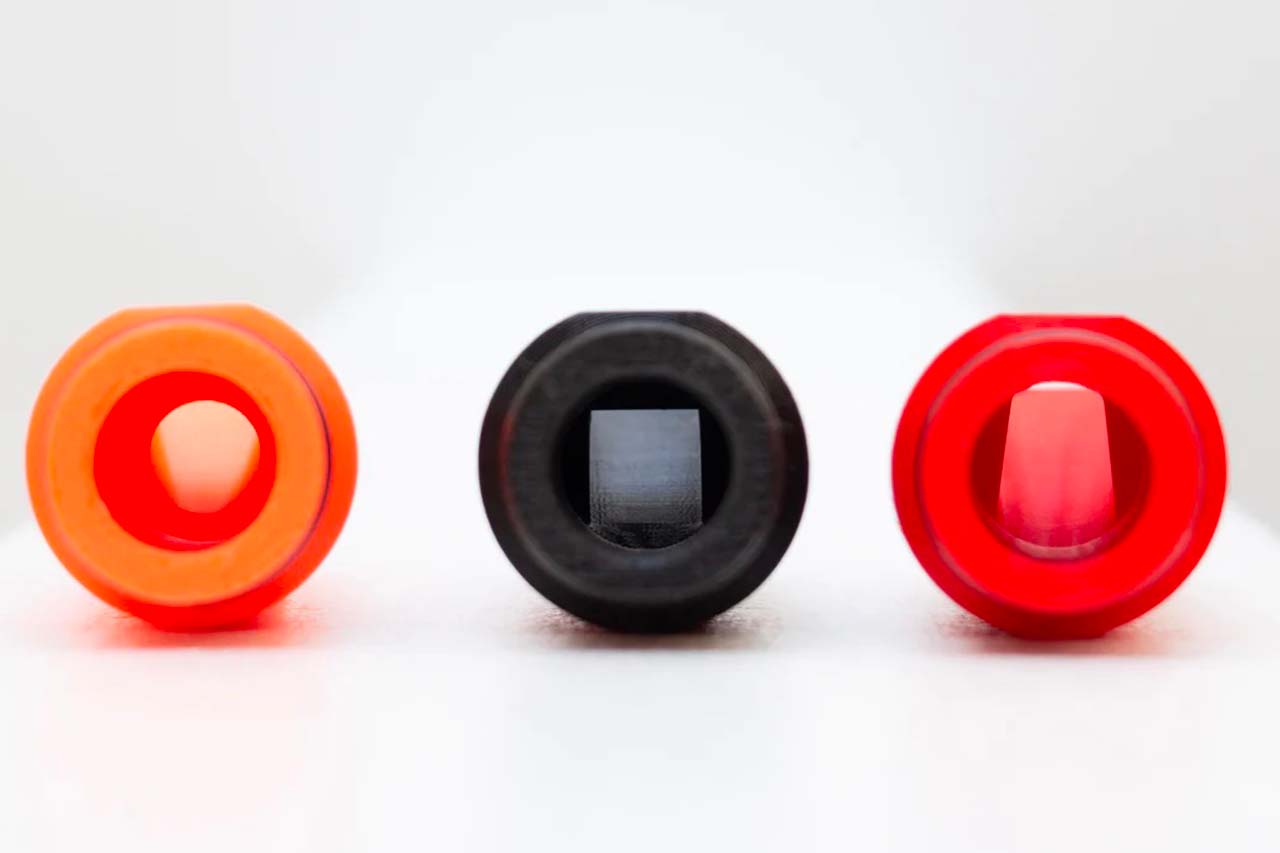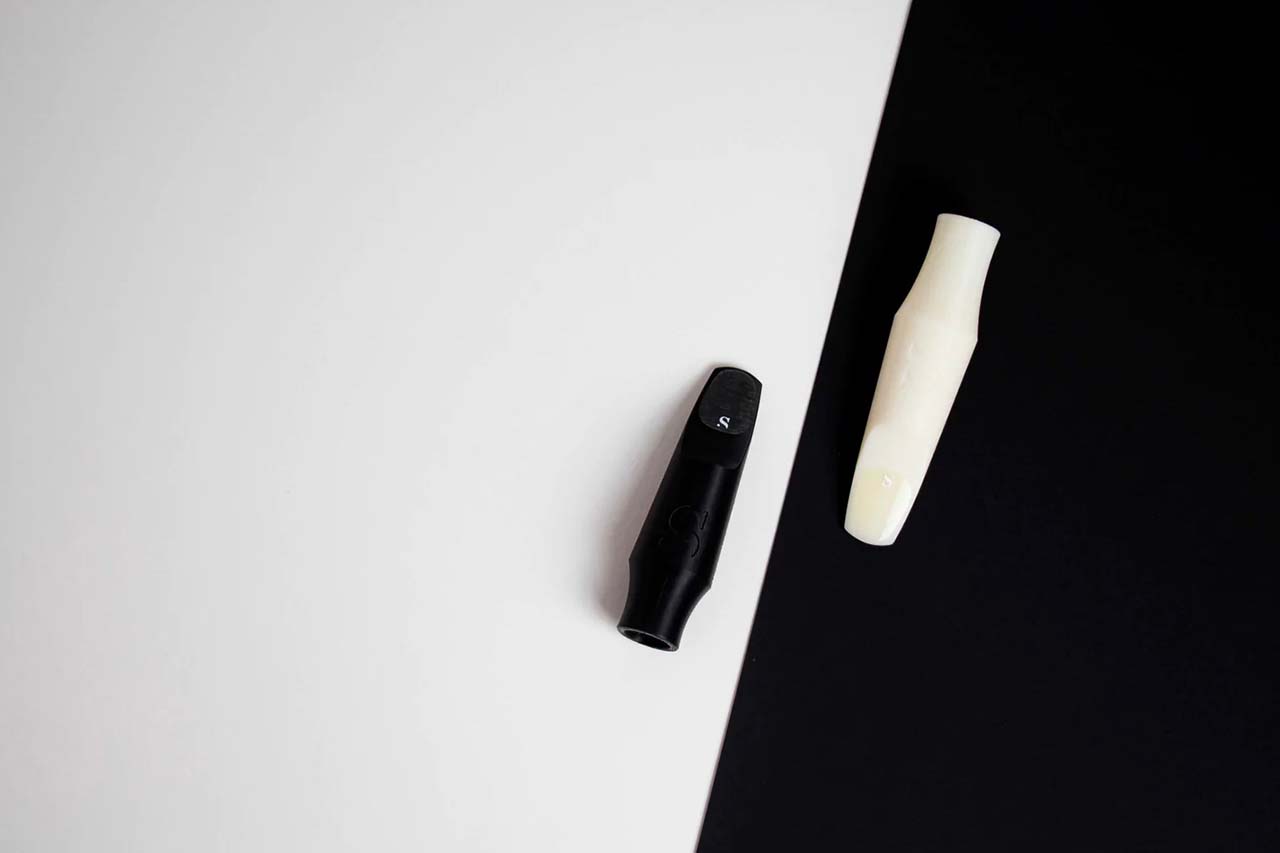Odilien Emmanuel Dibango, better known as Manu Dibango, Cameroonian jazz mogul and ambassador of "la Francophonie" all around the world, passed away a year ago. With musical talent few have ever come close to, recognized worldwide, Manu was and will always be a great music activist. Today at Syos, we would like to look back on his life to honor his memory and the heritage he left behind.
Manu Dibango was born on December 12, 1933 in Douala, but he spent a big part of his life in France, after arriving in 1949. Having lived in Chartres and Château-Thierry, he finished school in Reims. This is where he honed his saxophone skills and started playing in clubs as well as balls, not yet wishing to make music his profession. When he failed his finals in 1956, which led to his father deciding not to support him financially anymore, Dibango moved to Brussels, where he floated around for a while before being hired as bandmaster in a club called Les Anges Noirs (The Black Angels). He also met his future wife, Marie-Josée, known as “Coco”, in the Belgian capital.

During the 60’s, as the Congo was struggling for independence from Belgium, Congolese artists would often come perform in Brussels, and would also enjoy concerts when they were not playing themselves. This is how Joseph Kabasele, better known as Grand Kallé (Great Kallé), met Manu Dibango, and offered him a role as a saxophonist in his rumba orchestra, “Independance cha cha”. The orchestra recorded many songs in Brussels before heading back to Africa, and Manu went along for the ride. He then settled in Léopoldville, now known as Kinshasa, with Marie-Josée, where they opened a club, called the Tam-Tam. In 1962, Dibango started recording his own music. Between the Congo and Belgium, he released many 7” records, one of which is Twist à Léo. That song would become a hit in Africa, playing at twist parties in the Tam-Tam and other clubs all around the continent.
At the end of the decade, Dibango came back to France, where he collaborated with other great musicians such as Dick Rivers and Nino Ferrer. He kept on recording songs, and released his first album, called Saxy Party, in 1969. But international fame would only knock on his door three years later, in 1972. This success came with Soul Makossa, orginially recorded as the B-Side of a 7" celebrating the cameroonian national football team. It rocketed him to international success. Used without authorization by Michael Jackson, and later by Rihanna, Soul Makossa would decide the fate of its creator. He added it to his album O Boso, released on July 1 that same year, which would go on to be sold by the millions.
Soul Makossa allowed him to perform at the Olympia in Paris, and also gave him the chance to play live in the States. He was invited to play in many New-York concert halls, including Madison Square Garden, and also toured in South America. After that, he released many albums, of different genres, while keeping his saxophone and jazz influences at the heart of his style. From then on, Manu Dibango became the colossus we know today, and kept playing his music live on big stages around the world for his whole life.
Throughout his career, Manu made use of his influence to fight for causes he believed in. He played at a concert in support of Nelson Mandela at the Fête de l’Humanité in 1985, engaged in both charity and human rights work, including the fight against world hunger, climate change, as well as the protection of freedom of speech. He was named Unesco Artist for Peace in 2004, and received the French Legion of Honor in 2010, amongst other distinctions.
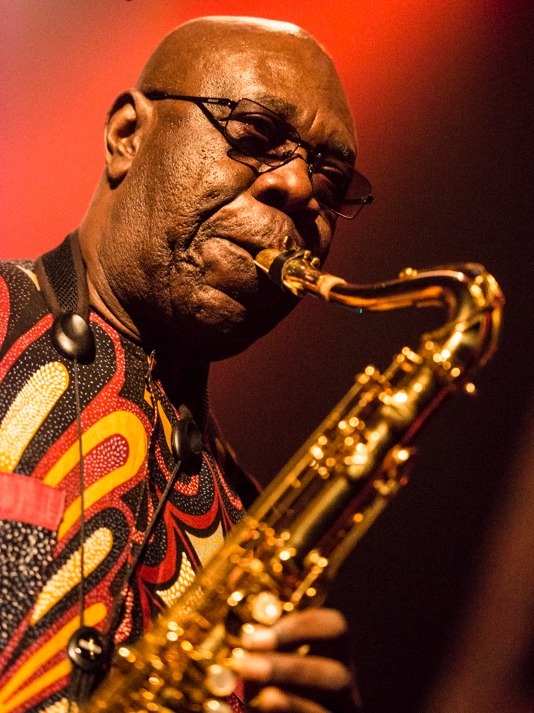
Manu Dibango left 216 records behind (albums, 7”, live recordings…) in addition to an indelible mark on the world of music. When his death, due to Covid-19 complications, was announced in 2020, many people took to the web to write about the impact he had on their lives, how important his music was and always will be to them. If you feel like it, tell us in the comments below what memories you have of Manu Dibango. We miss him as well, and we will be listening to his music today to honor his memory, even though many of his songs are already in our daily playlists!



